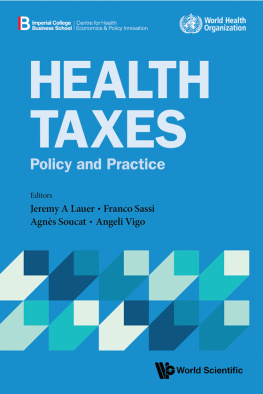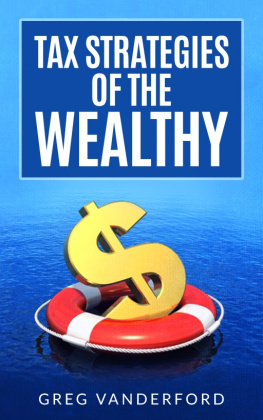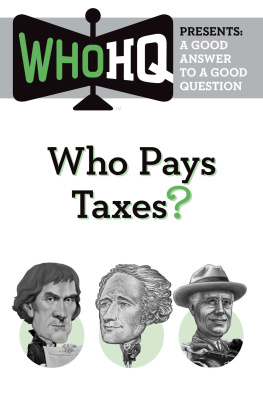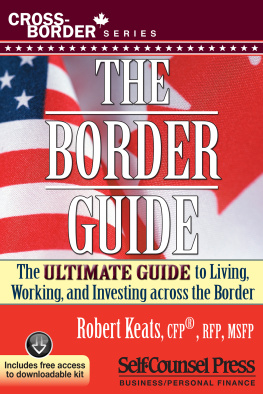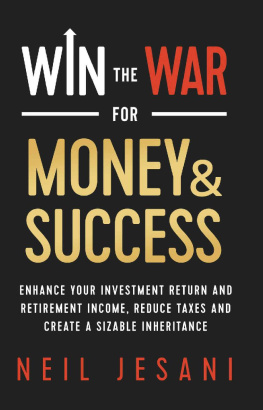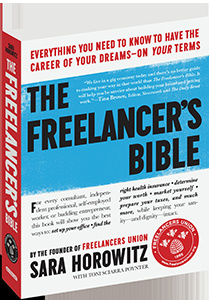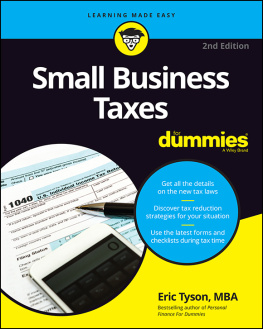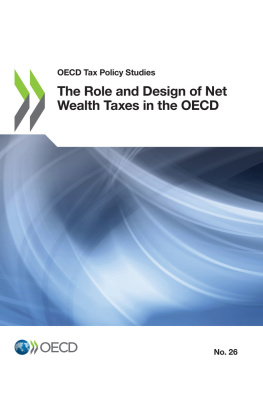TAX-FREE WEALTH
How to Build Massive Wealth by
Permanently Lowering Your Taxes
By Tom Wheelwright, CPA
Do you hate taxes? Feel like theres nothing you can do about them? Dread tax season each year?
Tax-Free Wealth is the book for you.
The truth is that taxes are fun, easy, and understandableand theres a multitude of ways to pay little-to-nothing in taxes and to use your tax savings to grow richfast.
And the solutions to your tax problems are easier than you ever imagined. In Tax-Free Wealth, Tom Wheelwright, Robert Kiyosakis personal tax advisor, teaches you in plain English how to use the tax code to make you richer.
With priceless insights on taxes and tax planning, youll learn:
Why governments want you to pay less taxes,
Why (seeming) complexity of the tax code is made to help you get rich
How to put tons of money back in your pocket immediately
Planning strategies to protect your assets and your family
Why investors and entrepreneurs get all the breaks
Not to fear an auditand how to survive one
What to expect and look for in a tax advisor
And how to use your tax savings to build tremendous wealth
In Tax-Free Wealth, Tom takes the mystery out of taxesand building tax-free wealth today. This book is about how the tax system works in every country. All countries use taxes to implement their economic, agricultural, social and energy policies. Tax-Free Wealth is about how to think about taxes and arrange your affairs so you pay the least amount of taxes, legally, in any country.
If youre ready to stop fearing taxes and to start mastering them, you need to buy this book.
This publication is designed to provide competent and reliable information regarding the subject matter covered. However, it is sold with the understanding that the author and publisher are not engaged in rendering legal, financial, or other professional advice. Laws and practices often vary from state to state and country to country and if legal or other expert assistance is required, the services of a professional should be sought. The author and publisher specifically disclaim any liability that is incurred from the use or application of the contents of this book.
Copyright 2012 by Tom Wheelwright. All rights reserved. Except as permitted under the U.S. Copyright Act of 1976, no part of this publication may be reproduced, distributed, or transmitted in any form or by any means or stored in a database or retrieval system, without the prior written permission of the publisher.
Published by RDA Press
An imprint of BZK Press, LLC
Rich Dad Advisors, B-I Triangle, CASHFLOW Quadrant and other Rich Dad marks are registered trademarks of CASHFLOW Technologies, Inc.
BZK Press LLC
15170 N. Hayden Road
Scottsdale, AZ 85260
480-998-5400
Visit our Web sites: BZKPress.com and RichDadAdvisors.com
First Edition: March, 2012
ISBN: 978-1-937832-40-7
Dedication
This book is dedicated to my mother, Deborah Ann Coulam Wheelwright, who taught me that all problems are simply challenges to overcome and that solutions come from many sources and directions.
Acknowledgments
I would like to acknowledge the many hands and inspirations that allowed me to write this book. Of course, my editors, Jake Johnson and Mona Gambetta, without whom this book would sound like an accountant wrote it. My business partner, Ann Mathis, and my project manager, Clarissa Urquidez, who made sure any inaccuracies were addressed and corrected, and who gave me constant encouragement throughout the writing and editing process. My other business partner, Rob Deines, who has managed our CPA firm for the past several years, allowing me the luxury of time for writing a book on how to do what we teach our clients to do.
Then there are my inspirations early in my career. Thank you to Dr. Haney, my first tax professor, who truly loved the tax law and instilled this love into his students. My professors at the University of Texas, especially Sally Jones, who loved teaching the tax law and inspired me to teach others. My mother, to whom this book is dedicated, who was my inspiration in all things when I was young, and who, as the controller for my fathers printing company where I worked as an accounting clerk through high school, was my first accounting supervisor.
Thanks also to Robert and Kim Kiyosaki for introducing me to the seminar and publishing world and for allowing me to be their tax advisor. Sometimes, Im not sure who is really advising whom. They constantly get me to think about money and business differently, even while I am teaching them new ways to think about taxes.
Last but certainly not least, thanks to my wife and my children. They have always supported my career. My wife, Rosie, who, at a time when we had no money and two young boys to support, first suggested that I should open my own accounting firm. She has put up with a lot of hours at the office and lots of dinner discussions about the tax law, despite her total lack of interest in all things financial. My sons, Max and Sam, have always inspired me to reach higher and become a better person.
Contents
Its not easy to write a book about taxes that appeals to the average Joe. Most people are scared to death of taxes. They believe that the tax law is out to get them. For years and years, the media and so-called financial advisors have told us that the tax law is far too complex for most people to understand. What these groups are not telling you is that the tax law is actually pretty simple. Yes, there are many details, and you need a good tax advisor to help you sort them out. Still, the fundamental concepts of the tax law are easily understood by anyone with a fifth-grade education.
Of course, the tax laws were not initially intended to even include the average working man and woman. They were meant to reach only the excess earnings of the most wealthy individuals and corporations. Over the past several decades, however, they have evolved to become tools of social and economic policy making.
When the tax laws were first imposed on employees, an average employee earning the average wage was exempt from tax. Now, employees pay the highest taxes, and employers and investors pay the lowest. Why?
Economic policy makers in government discovered that people respond quickly and directly to tax incentives. So, if you want to encourage big families, you give a tax credit for each child. If you want to encourage investment in domestic oil production, you give a big tax deduction for every dollar invested in oil and gas. If you want to encourage investors to build apartments for low-income workers, you simply give them a credit for doing so. And it goes on and on.
This book is not a criticism of the worlds tax laws, or even a recommendation that they change. Taxes are part of our world and will always be part of our lives. So, instead of complaining about them and hoping for parliaments and legislatures to make them fairer, lets simply understand them and put them to good use in our lives.
Taxes will either make you rich or make you poor. The tax laws of all countries are written to encourage certain activities that benefit the economy and promote social policy. Its our job to understand and take advantage of the tax laws as they are written.
This book is not about loopholes. Loopholes are unintended consequences of laws that were enacted. This book is about the consequences that lawmakers intended. Taking advantage of the intended benefits is doing what our governments ask us to do. Invest where they say to invest and you get a tax benefit. Put your time and talents into activities that produce jobs, housing, and grow the economy, and you get tax benefits. In many ways, utilizing the tax code to the fullest to save as much money in taxes as possible is one of the most patriotic things you can do.


